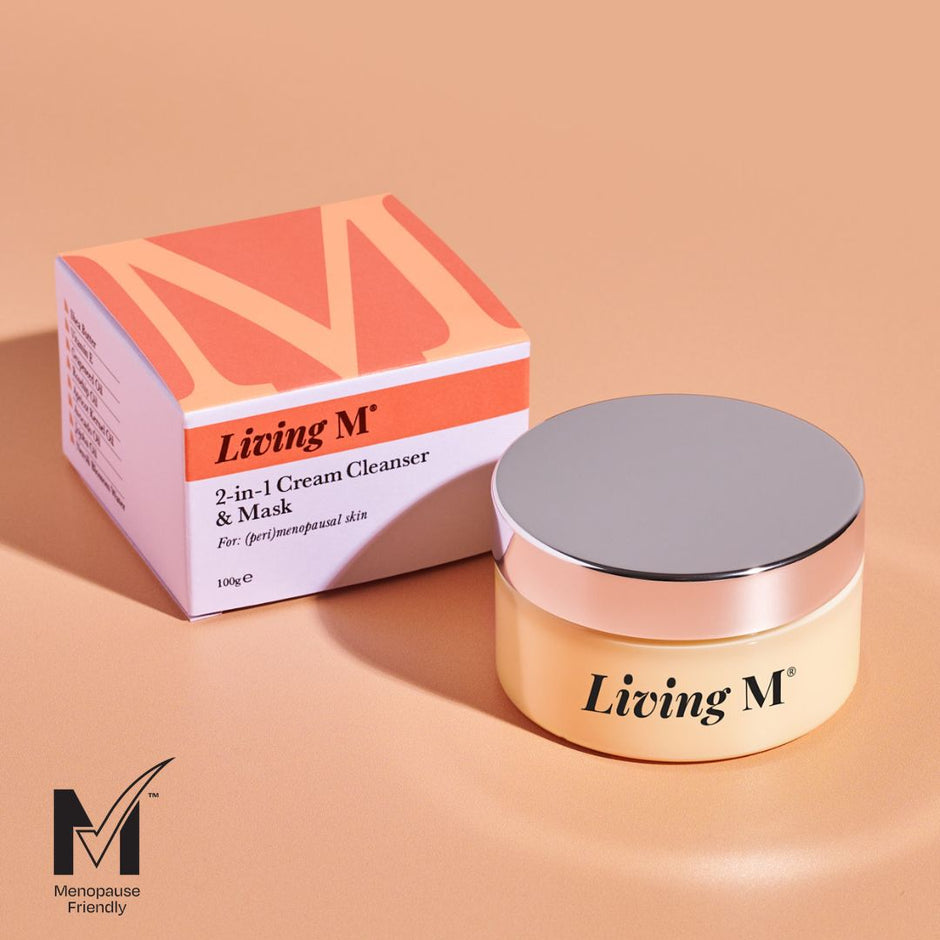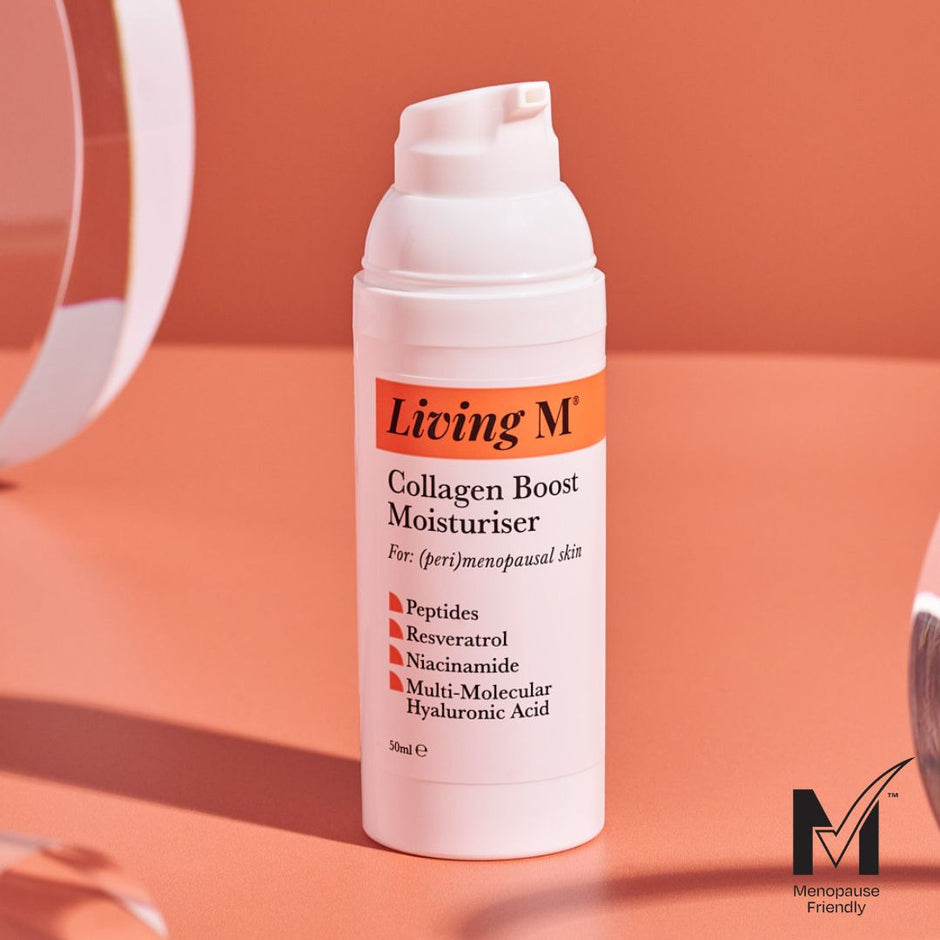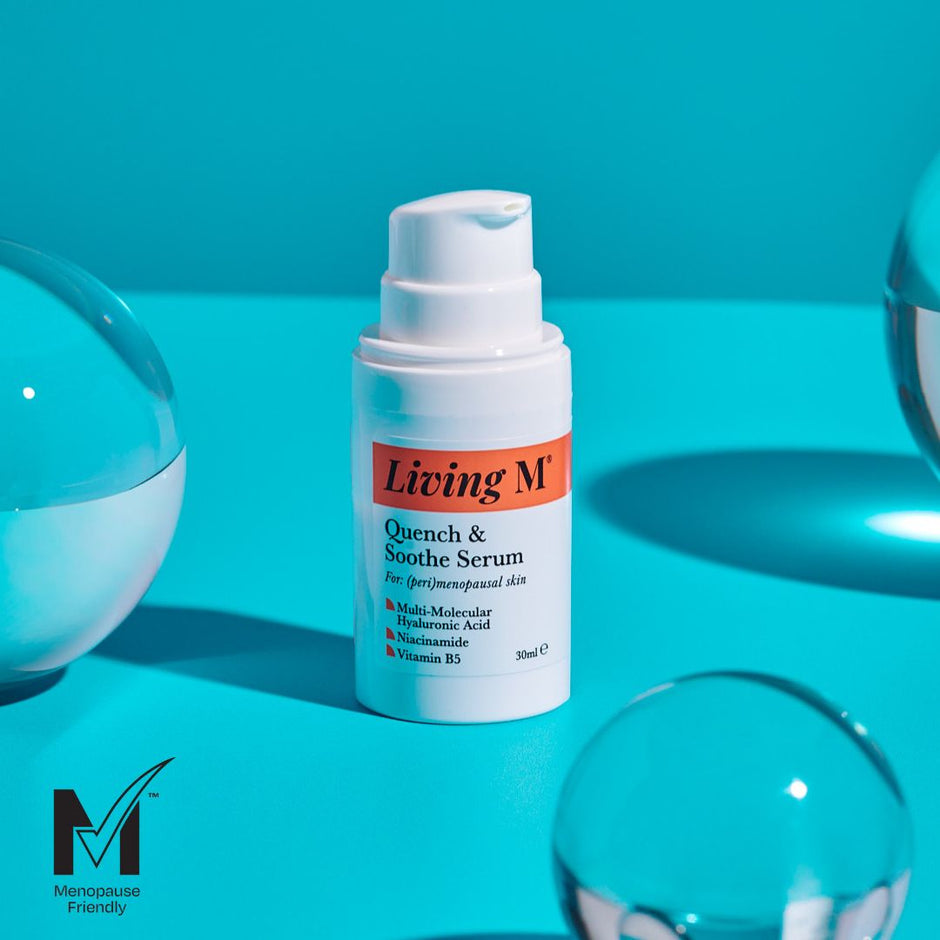This weeks guest blog is by Julie Court and shines a spotlight on menopause weight gain - why it happens and what we can do about it.
As if life wasn’t difficult enough with hormonal shifts affecting your moods, your ability to concentrate and insomnia, you are now being gifted with an ever-growing waistband that doesn’t respond to anything you try. Menopause weight loss is difficult, but not impossible. But where do you start when you’ve already tried every diet going? The key is understanding why this is happening in the first place.
Why do we gain weight around the time of menopause?
Menopause and Lifestyle Factors
Even if you are doing everything the same as you always have, this will lead to a gradual increase in weight.
You may not be sleeping well or experiencing joint or muscle aches and pains which mean those early morning workout sessions suddenly don’t seem so appealing. Likewise, you are too shattered at the end of the day to do anything then. So, you begin moving less.
We lose muscle mass as we age which means, you guessed it, we need less energy (around 200 kcals in fact). Now, I’m not one for calorie counting but this demonstrates a clear dip in your energy requirements. So, if you combine this with exercising less as above then this is a double whammy.
Midlife can be stressful! You may have ageing parents who need your support, hormonal teenagers at home, increased responsibilities at work, not to mention the meno rage you feel when trying to juggle everyone else’s needs. Cortisol and other stress hormones are known fat burning blockers and contribute to this perfect storm. This might also push you to seek emotional comfort from alcohol or sugary snacks.
At this time of life, you can see why doing as you have always done, might be part of the problem.
Do you feel like your body is working against you?
This simply isn’t true. Your body is doing its best to protect and support you. Weight gain might be inconvenient but is part of this process.
Your adrenal glands and fat cells produce a low level of oestrogen that helps to offset the decline in oestrogen from your ovaries.
The first port of call is your adrenals, but if you are chronically stressed, not sleeping, over exercising with high intensity workouts, then they simply aren’t able to do this as they are too busy prioritising stress hormones like cortisol and adrenaline.
Your body then seeks this type of oestrogen from elsewhere. Your fat cells. Your body wants you to have a bit of extra fat to help you feel better.
You stress hormones and insulin response are closely connected and when out of balance, contribute to that weight gain around your middle.
Now you understand what is happening you can start to turn the tide.
What can we do about it?
Dealing with these changes in a loving and nourishing way, is the way forward now. Stop the punishing fitness regimes and severe calorie restriction. These aren’t going to help you. You know that because you’re doing it now but yet the number on the scale will not budge.
Consistency and some simple tweaks to your diet and lifestyle can get you back on track with your weight and get rid of some of those annoying menopause symptoms at the same time.
These ‘Back to Basics’ tips stop the overwhelm (hello brain fog) and gives you a starting point, so you can actually DO something!
Menopause and Sleep
So underrated but so important! I know getting a decent night’s sleep might be difficult due to other symptoms you may be experiencing but a few tweaks to your routine may help. Not eating too late, not drinking caffeine past 2 pm and better control of your blood sugar should help with this. Create a relaxing bedtime routine, keep your bedroom for sleeping (and sex), take a cool shower and make sure you’re not checking your emails for at least an hour before bed.
If you find you wake up at a regular time during the night, you may need a small snack an hour before bed. Nut butter and an oat cake would be a good choice to help see you through until the morning.
When we are tired, we make poor food choices. The hormones that regulate hunger also become out of balance when we don’t get enough sleep. This drives us to consume more high fat, high sugar foods, meaning that you are fighting a losing battle.
A recent study also showed how decreased sleep, combined with decreasing oestrogen leads to increased fat storage.
Prioritising sleep should lead you to gain better control of cravings and your appetite.
Watch your carbohydrate intake
There is a direct correlation between lowering oestrogen and insulin resistance which contributes towards weight gain. This is exacerbated by a high carbohydrate, high sugar diet. Focus on reducing bread, pasta, pastries and cakes. Avoid fruit juices and smoothies, even your homemade version that you think is good for you.
An extremely important aspect of this is managing your alcohol consumption. Even if you are completely on top of your diet, you can blow this out of the water by drinking half a bottle of wine every night.
Try to think about fibre, rather than carbohydrate. Some examples include oats, peas, beans, lentils, brown rice, green beans, cauliflower, and potatoes in their skins. Fibre is important to prevent constipation and in turn help manage your symptoms through the excretion of old hormones.
It’s really worth noting here, that I’m not advising a lower carbohydrate or a Keto diet, which can make some of your symptoms worse. You should be aiming for moderate consumption, and this is easily achievable by making the tweaks I’ve suggested in your daily diet.
Portion control
It’s seems unfair, but that little snack here or extra bit of dinner there quickly adds up.
Base your meals around nutrient dense wholefoods such as whole grains, fruit and vegetables, beans, nuts and pulses. Add to this a little seafood, oily fish or lean meat, eggs and dairy and this provides a diet rich in protein and healthy fats which supports hormone production. This combination will help you feel satisfied until your next meal and decrease the snacks you eat between.
Carbs are definitely not the enemy they have been made out to be, but a balanced plate is essential to manage your symptoms and weight. For most this means decreasing the amount of carbohydrate on your plate and increasing the amount of protein.
When you look at your plate you want roughly half to be vegetables, a quarter protein, and a quarter carbohydrate. The amount of carbohydrate and protein should roughly be the size of your clenched fist.
Aim for three, satisfying meals per day, each made roughly to the guidelines above. You should ditch your sugary cereal and switch to a protein-based breakfast, such as a two-egg omelette filled with vegetables or Greek yoghurt, low sugar granola and berries. Once you feel hungry, you should have lunch (around 4-5 hours later) leftovers are a great option here. Dinner, around another 4-5 hours later. If you need to eat late, a snack around 4pm will be needed to keep you going. The thing is to really treat this as a guideline and begin listening to your body. Eat when you feel hungry and this will prevent overeating because you are absolutely starving by the time it comes to eating your meal. You can also eat your meals in whatever order you like! Porridge is great for helping you sleep if you need to work or eat later than you would like.
Make sure you try new recipes that excite you, it’s important that you look forward to your meals, so you don’t fall back on unhealthier recipes. Choosing just one new recipe a week, will also ensure you eat a greater range of plant-based food you might not have done previously, which will improve your gut health, which is linked to improved symptoms and weight management.
You are not alone
Midlife weight gain is a common issue for perimenopausal and menopausal women, so please don’t feel you are alone. Knowing you can modify your diet and lifestyle helps you regain some control and puts you on the road to feeling like yourself again.
Ditch the faddy, restrictive diets. Stop punishing yourself. Use this as an opportunity to change your mindset around food and be a little more nurturing towards yourself. With time and consistency, you will see the changes you need.
Julie Court is an award-winning menopause coach supporting women approaching menopause to manage their weight and symptoms with diet and lifestyle advice. Find out more at juliecourtnutrition.com




